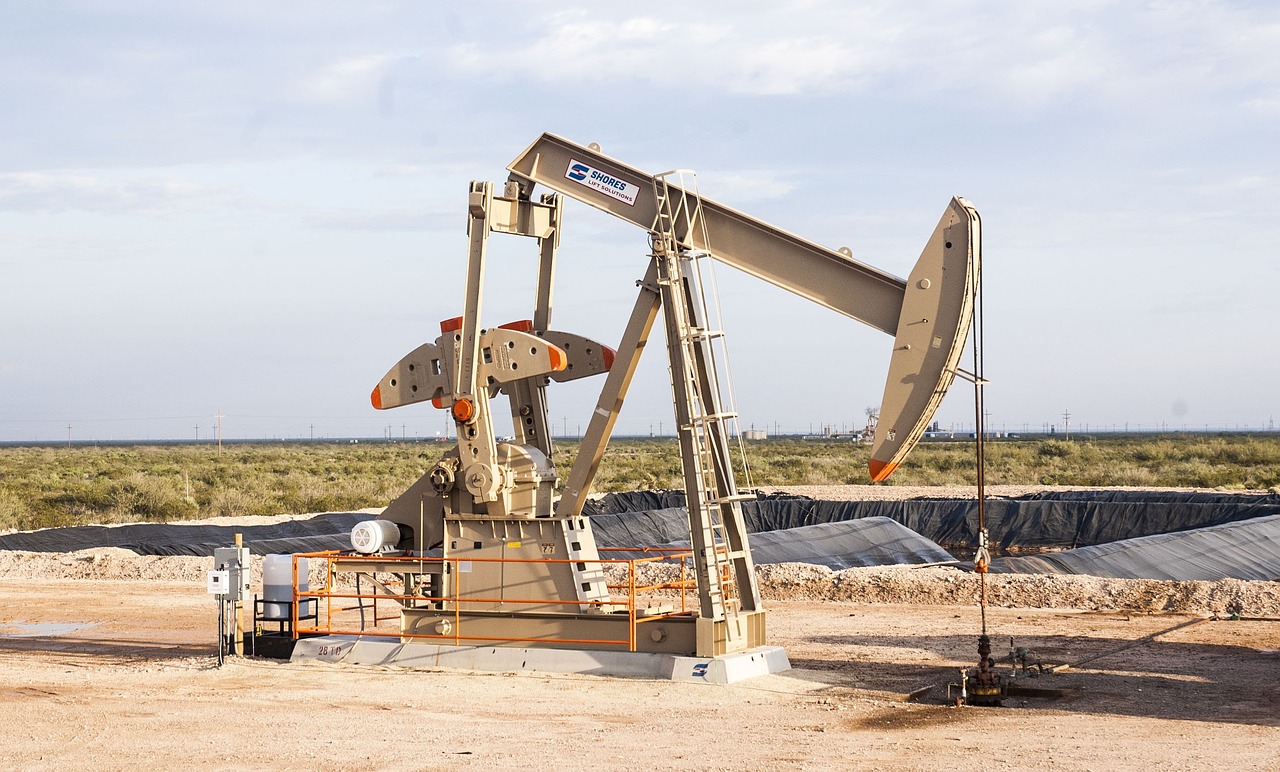The Iran-Israel war continues, and oil prices are already falling
20 June 08:28
On Friday, world prices for Brent crude oil lost almost two dollars after the White House announced that it would postpone a decision on possible US involvement in the armed conflict between Israel and Iran. Despite this, Brent futures remain on track for a third consecutive weekly rise, "Komersant Ukrainian" reports, citing Reuters.
According to OilPrice.com, as of 07:30 Kyiv time, July futures for Brent fell by $1.79, or 2.27%, to $77.06 per barrel. In total, their price rose by 3.8% over the week.
U.S. West Texas Intermediate (WTI) for July delivery, which was not traded on Thursday due to a U.S. holiday and is due to expire on Friday, added 53 cents, or 0.71%, to reach $75.67 per barrel. The more liquid August contract for WTI rose 17 cents, or 0.2%, to $73.67.
The day before, on Thursday, oil prices rose by almost 3% following reports of Israeli air strikes on nuclear facilities in Iran, as well as in response to Iran’s massive attack on Israeli territory, including a hospital. The war between the two countries has been going on for more than a week and has not yet shown signs of de-escalation.
Читайте нас у Telegram: головні новини коротко
The previous rise in Brent was partially offset by the White House’s announcement that President Donald Trump would decide on the possible US involvement in the conflict within the next two weeks.
“Oil prices rose due to fears of US involvement in the conflict between Israel and Iran. But later, the White House press secretary suggested that there is still time for de-escalation,”
– said Phil Flynn, analyst at The Price Futures Group.
“The announced ‘two-week pause’ is a familiar tactic of Donald Trump. On a number of previous occasions, these deadlines have passed without any decisions. If this happens this time, oil prices could remain high or even continue to rise,”
– explained IG analyst Tony Sycamore.
Iran is the third largest oil producer among OPEC member countries, producing about 3.3 million barrels of oil daily.
Of particular concern is the situation in the Strait of Hormuz along the southern coast of Iran, through which 18 to 21 million barrels of oil and oil products are transported daily. Market participants fear that an armed confrontation could disrupt these supplies and cause a shortage in the market.
Читайте нас у Telegram: головні новини коротко









